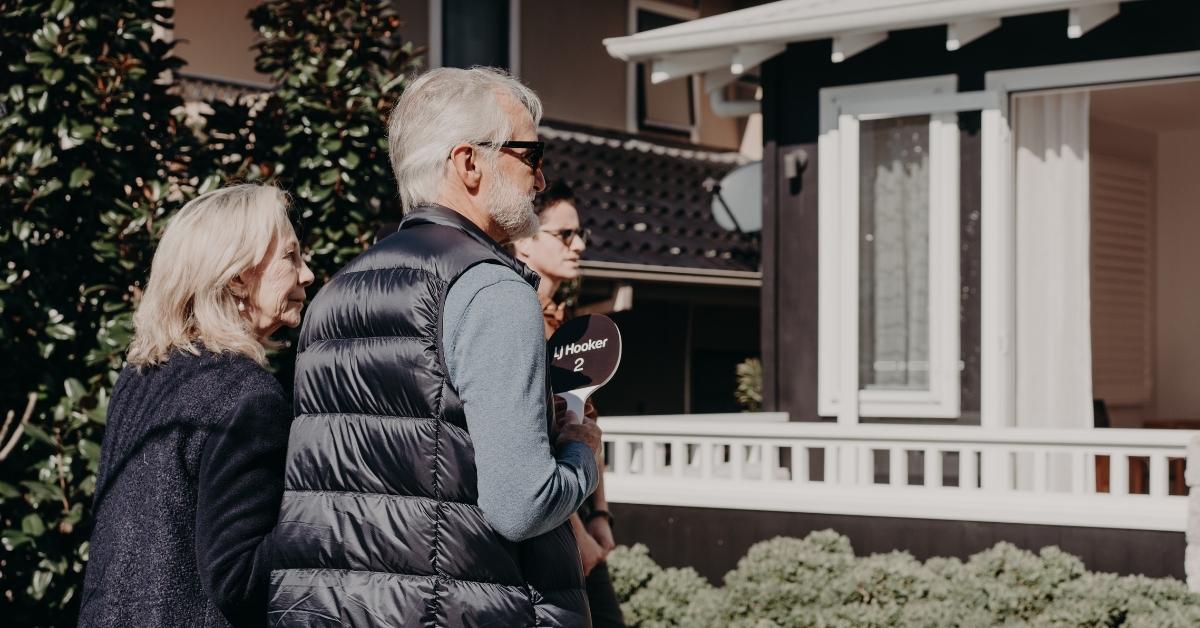Cost of Investing in Property

Investing in real estate can provide a major boost to investment portfolios. However, such an investment involves a lot of moving parts. In fact, investing in real estate is not as simple as selecting a property and moving in tenants.
Instead, investment properties are an asset that needs to be properly acquired and maintained. By making informed decisions, your investment property could provide solid returns.
The key to success is being aware of the true cost of real estate investments. Therefore, it is important to note that investors will need to accommodate two types of costs, known as initial and ongoing costs.
Investment Property Cost Breakdown
Understanding real estate investment costs begins with a comprehensive cost breakdown. Here are the costs associated with buying an investment property:
Initial Costs
As the name suggests, initial costs encompass charges you will incur when you first put down an offer and buy the investment property. It’s worth mentioning that some initial costs won’t be relevant to all investors.
Deposit
All investors are required to make a once-off payment known as the deposit. In most cases, the deposit is usually 20%-40% of the purchase price. The deposit can be paid in full, or in part, with the remainder due at a specified date.
Mortgage Insurance
For investors borrowing in excess of 80% of the property’s value, the lender may require mortgage insurance. This one-off payment serves to protect lenders from borrowers who can’t repay the loan. You have the option to include it in your loan amount from the beginning, merging it with the balance you gradually repay through your scheduled installments. Should your available deposit be less than 20% of the property's value for the investment property loan, you might have the option to proceed with the purchase by considering lenders mortgage insurance (LMI).
Loan establishment fees
Property investors who require a loan may also be required to make a once-off payment known as a loan establishment fee or start-up fee. This fee will be due when the loan commences.
Legal fees
Legal professionals or conveyancers are help to legally transfer home ownership. These professionals ask for a one-off payment to prepare the required documentation and manage the settlement process. A solicitor should not be confused with a conveyancer, though a solicitor can offer conveyancing services.
A conveyancer is a property transfer specialist who handles legal paperwork, checks, and due diligence for property transactions, ensuring compliance with legal requirements. It's not legally required to engage a conveyancer when buying an investment property, but it's highly recommended.
Connection fee
When purchasing a property, connections to utilities and services must be established before any tenants move in. To do so, investors will be required to make a one-off payment.
Ongoing Costs
When it comes to investing in a rental property, there are many ongoing costs to consider. As ongoing costs can vary from month to month and even year to year, it is important to budget accordingly. Some of these ongoing costs include:
- Insurance costs
- Maintenance and repairs
- Property taxes and rates
- Utilities
- Landlord fees
- HOA or body corp levies
- Legal and accounting fees
- Advertising and marketing costs
- Vacancy costs
Insurance
All investment property owners should have building and landlord insurance. While coming at an annual cost, this comprehensive insurance protects investors from things like unforeseen building repairs and covers damage associated with fires and floods.
Council rates
Council rate bills will also be ongoing expenses for landlords.
Mortgage
Mortgage repayments are an ongoing monthly expense. For some investors, rental payments may cover the cost of the repayments. For other investors, there may be a shortfall (for example, when faced with periods of tenant vacancy) that needs to be covered to avoid any further expenses such as late fees. When faced with this shortfall, it's imperative for investors to bridge the financial gap to fulfill the mortgage repayments. Failing to cover the deficit could lead to additional costs in the form of late fees, potentially impacting the overall financial health of the investment.
Repairs
The costs of repairs are ongoing and, of course, various. As property owners, investors are expected to maintain the property to ensure it is liveable. Maintenance can be partly tax-deductible, however, investors will need to research what services can and can’t be claimed.
Building Inspections
Identifying structural problems, or other significant issues early on helps investors make informed decisions regarding the property's purchase and potential renovation costs. While it may seem like an unnecessary expense, the pre-purchase inspection can help to safeguard your investment and peace of mind. The cost of hiring a building inspector is an invaluable investment in itself.
Property management fees
Property management fees are another ongoing cost that investment property owners may incur. Investors pay property managers to screen tenants and conduct reference checks to ensure high-quality tenants occupy the property.
Property managers are also paid to act as a buffer between owner and tenant. Coordinating communication if damage or other issues were to occur and ensuring that rent is paid on time.
Successfully investing in real estate
Purchasing an investment property is an exciting time. However, sometimes the process can feel overwhelming. Especially when you consider the different number of initial and ongoing costs that are associated with property ownership. All of which need to be properly calculated and accounted for.
Rather than letting an investment opportunity pass you by, take the opportunity to do some research. By thoroughly understanding the cost of renting out a house, you can make sound and successful investment decisions.
Our team at LJ Hooker can help you find the right investment property. We offer experience and excellent market knowledge that helps make the buying and property management process seamless.

.jpg)

